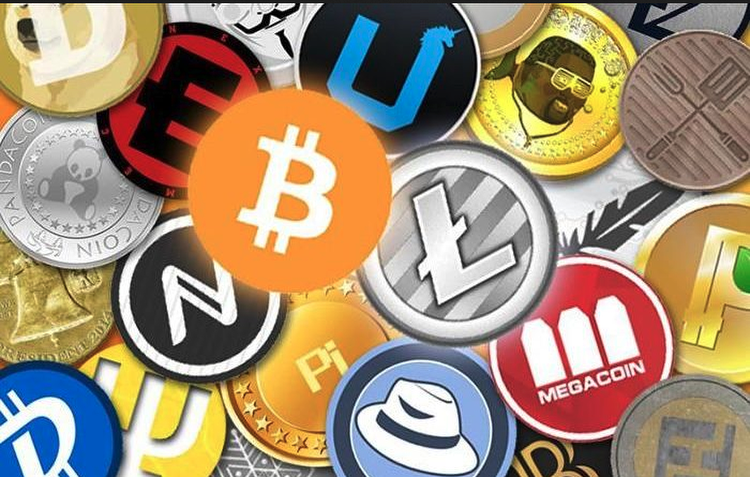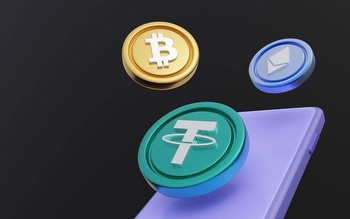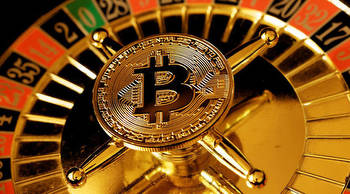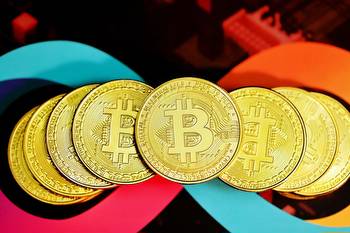The Best Cryptocurrency for Gambling: Litecoin vs. Ripple

While Litecoin and Ripple are often called similar crypto, they have many differences that make one better for crypto gambling.
Litecoin and Ripple are ruling the crypto gambling industry with their security and simplicity, available at meager costs. The rising popularity of crypto gambling sites can be attributed to various reasons, including the introduction of cryptocurrencies like Ripple and Litecoin and modern blockchain technology. These technological advancements have enhanced the security and transparency of gambling sites, creating a whole new environment of reliability and trust.
Additionally, decentralization significantly reduces transaction speed and costs, which are essential for gamblers to play their favorite games on the best Litecoin gambling sites or Ripple gambling sites. However, the ever-evolving landscape of crypto gambling has led to the development of thousands of cryptocurrencies, offering higher levels of anonymity and other attractive features. Hence, players must choose the right crypto for a seamless, enjoyable, and immersive gambling experience.
In this article, we will look deeper at cryptocurrency gambling and compare how Litecoin and Ripple are used in the gambling industry.
Litecoin: The Speedy Contender
Litecoin (LTC) entered the cryptocurrency industry in 2011 to bridge the inherent gaps or loopholes created by the world‘s first crypto, Bitcoin. Litecoin was designed to enhance transaction speed and fees. However, since Litecoin employs a proof of work (PoW) consensus mechanism, it requires considerably more power for processing LTC mining. Nevertheless, Litecoin has emerged as a popular crypto for gamblers, leading to the growing acceptance of the crypto among online casinos. The best Litecoin gambling sites provide private, anonymous, swift, and cost-effective transactions, making it a great deal for LTC gamblers.
However, gambling with LTC gambling sites has certain drawbacks compared to Ripple, such as scalability and branding issues. Moreover, being the second most popular crypto on the Dark Web, Litecoin can pose a major drawback for ordinary gamblers and investors.
Ripple: Beyond the Hype
Ripple (XRP) was introduced in 2004 by Ryan Fugger, a popular software developer who came up with Ripple’s first version when RipplePay was founded. Ripple is a rare crypto project because it allows users to extend credit to other community members. The Ripple technology gained recognition in different sectors, including crypto gambling sites, where gamblers can undertake different types of money transfers through Ripple’s decentralized peer-to-peer, open-source network.
Compared to Litecoin, Ripple’s transaction fees are much lower, serving as a popular method for cross-border payments and giving its rival payment providers, such as Litecoin and Western Union, SWIFT, and MoneyGram, a tough competition. XRP gambling sites also benefit from the XRP cross-border payments and other key advantages of the Ripple network, such as reliability and security.
Transaction Speed and Costs
Litecoin gambling sites process LTC transactions at a speed of 54 transactions per second, whereas XRP gambling platforms can handle up to 1,500 transactions per second, taking only about 3 to 5 seconds to settle every transaction. Hence, when it comes to transaction speed, Ripple gambling sites win the game as they can facilitate near-instant cross-border digital transactions much faster than Litecoin gambling sites.
Litecoin gambling, or LTC gambling, requires a 0.0001 LTC transaction fee, whereas the standard transaction fee for Ripple is 0.00001 XRP. Therefore, Ripple allows faster transactions and charges lower fees than Litecoin. It can considerably affect a player’s overall gaming experience. Note that faster transaction speeds and lower costs allow players to deposit and withdraw funds quickly and enjoy crypto gambling without losing money on fees.
Innovation and Technology
Litecoin is a mining-based crypto that uses a proof of work consensus mechanism to validate LTC transactions. Essentially, Litecoin’s PoW mechanism requires an individual to demonstrate to other network participants computing effort and use less resource-intensive, which makes it more environmentally friendly. Alternatively, Ripple uses blockchain technology and RPCA (Ripple Protocol Consensus Algorithm), similar to Bitcoin’s PoS (proof of stake) consensus mechanism used to validate transactions. Ripple facilitates trustless, inexpensive, and instant cross-border transactions, and all transaction-related information is stored on the XRP ledger that reaches consensus via trusted quality nodes.
Overall, Ripple’s consensus mechanism is essentially based on the Federated Byzantine Agreement and differs from traditional mechanisms like proof of work and proof of stake. Thanks to a Federated consensus mechanism, Ripple transactions can achieve higher speed and efficiency, making it a better alternative than Litecoin’s Lightning Network, which aims to solve Litecoin’s scalability issues. However, the lightning network has its challenges, such as requiring certain wallets for LTC transactions or accidentally implementing transaction scam bugs.
Adoption in the Gambling Industry
Ripple existed in 2004, while Litecoin entered the crypto industry in 2011. Ripple has been in the industry for more years, attracting as many users as possible with its fast transaction speed, lower costs, higher security, and trustworthiness. Litecoin has also been widely adopted by crypto gambling owing to its multiple functions.
While Litecoin focuses on peer-to-peer international and daily transactions, Ripples only focuses on cross-border transactions, which makes XRP gambling stand in the number three position in the worldwide crypto ratings, whereas Litecoin stands in the fifth position. Considering all this, Ripple is a more widely adopted crypto than Litecoin in the world of crypto gambling.
Security and Trustworthiness
Litecoin transactions are secured by a network of miners where everyone can participate in the block validation process. Litecoin gambling sites take security measures very seriously, using a PoW consensus algorithm, Lightning Network, and a less resource-intensive technology called Scrypt. Scrypt protects hardware from brute attacks. It is a password-based key derivations function that makes custom-built large-scale hardware attacks difficult on gambling sites.
Ripple uses cryptographic signatures and the Ripple Protocol Consensus Algorithm to prevent unauthorized transactions, spoofing attacks, and single-point failure, ensuring a tamper-resistant public ledger. However, irrespective of the crypto chosen by the players, it must be noted that crypto gambling involves heavy investments, and hence, it is extremely important to choose a secure cryptocurrency for gambling.
Conclusion
Litecoin and Ripple are potential cryptocurrencies that have made their presence felt in the crypto-gambling world. Both of them are considered similar in various ways, but certain differences exist which make one better than the other. While Ripple XRP comfortably outpaces Litecoin LTC in market cap and volume, the latter has a wider use case and scope that may be attractive to potential gamblers in the long run.
Hence, there is no clear answer to which crypto is better between Litecoin and Ripple. Both have their own set of benefits and challenges. Either way, gamblers must play their games cautiously and learn more about crypto gambling before investing.




































